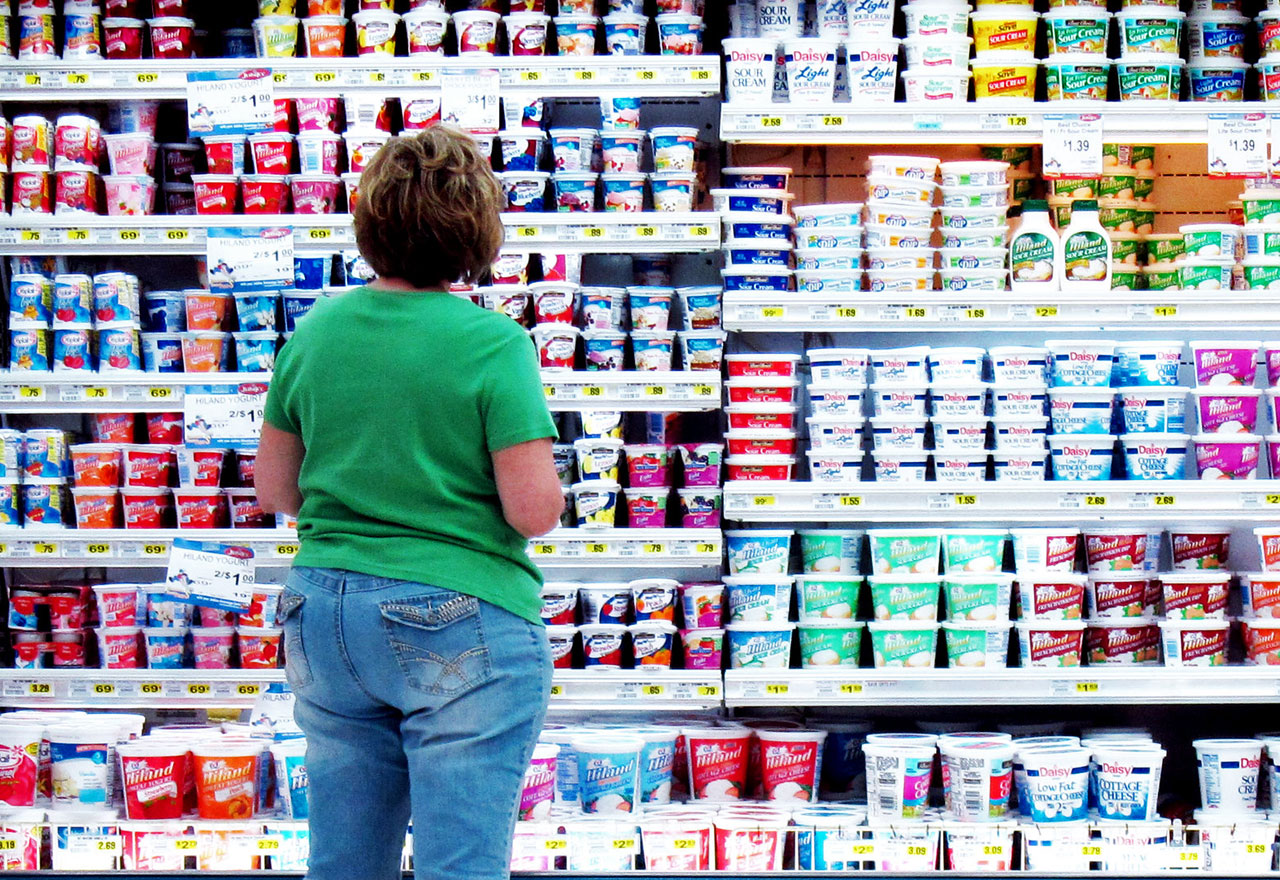Trader Joe’s does not have its own dairy cows, produce farm, and pasta manufacturing plant. Costco does not make yogurt. Kroger does not have an egg facility.
Thanks to the proliferation of grocery store brands, such misconceptions aren’t entirely obvious. At a minimum, these products, also known as private label brands, imply a stamp of approval packaged with an enticingly low price. But private labels lack transparency, especially when the product is certified organic.
Where do these store brand products come from?
Typically, chain stores buy products wholesale at the lowest available market price and package them with their own branded labels. Because the chain store buys the cheapest products available at any given moment, a single store brand could come from numerous sources over time.
National chain stores may source their organic dairy from one company in the Northeast for stores in that region, another in the Southeast, and another in the Midwest. This variability in product sourcing makes it difficult, sometimes impossible, for consumers to determine where and how the milk was produced. Store brand organic milk may come from highly rated producers or from factory dairies.
Cornucopia generally recommends caution in buying store brands, but the exceptions prove the rule. PCC Community Markets, for example, sells store brand organic milk supplied exclusively from one highly rated dairy cooperative. And Natural Grocers sells store brand organic eggs supplied exclusively from one highly rated egg producer. Their prices are most often higher than other brand names on their shelves. PCC Community Markets and Natural Grocers offer trusted store brands that meet their in-house requirements for sustainability and transparency.
Invested consumers can contact their local stores to confirm who is supplying their private-label organic food. But that answer is just a snapshot in time—one that may not be accurate. Suppliers often change without warning and store personnel may lack the most updated information. Still, consumer questions and requests help inform department managers and encourage transparency.
Choosing the most ethical food production available is an investment in our health and the future of the planet. Consider buying from co-ops and other independent grocers who stock truly local and organic food, pay their staff a fair wage, and grow communities. Cornucopia’s scorecards are a useful tool for identifying organic brands you can trust.


